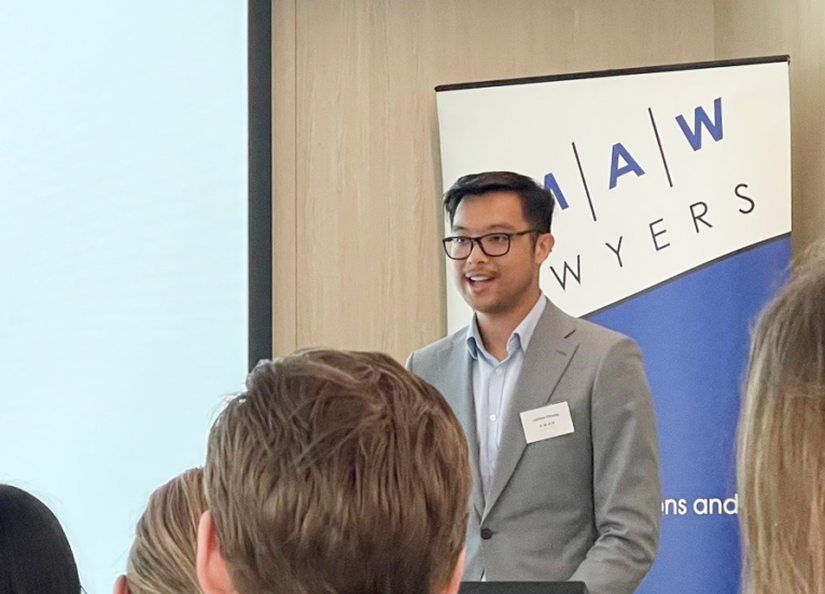Appeal Court decides insurers cannot reject business interruption claims for coronavirus losses
Insurance. It’s a business cost that offers protection when it’s needed most. However, claims by many businesses for losses due to the effect of COVID-19 have been rejected by insurers on the basis of exclusion clauses designed to exclude cover for pandemic or “declared” diseases. A recent decision of the NSW Court of Appeals in HDI Global Specialty SE v Wonkana No. 3 Pty Ltd [2020] NSWCA 296 has cast serious doubt on the ability of insurers to rely on such clauses and opens up the possibility that many businesses, such as those in the tourism and hospitality industry, will now have valid claims for substantial losses flowing from the effects of COVID-19. The potential impact of the decision is illustrated by the fact that Insurance Australia Group (IAG), one of Australia’s largest insurers, has requested a trading halt in order to consider the implications of this decision on its operations.
The case
Two NSW based businesses (trading under the names Austin Tourist Park and Thrive Health and Nutrition) sought to claim under their respective insurance policies for business interruption losses which were incurred due to COVID-19. The two businesses were insured by separate insurers, being HDI Global and the Hollard Insurance Company Pty Ltd respectively. The policies included a disease benefit clause to provide cover for an outbreak of an infectious or contagious human disease occurring within a 20 kilometre radius of the insured premises (Disease Benefit Clause).
The Disease Benefit Clause in each policy also included an exception. That exception excluded diseases “declared to be a quarantinable disease under the Quarantine Act 1908 and subsequent amendments”.
Both insurers declined the insureds’ claims on the basis that COVID-19 was covered by this exclusion.
However, in 2016, the Quarantine Act 1908 was repealed and replaced with the Biosecurity Act 2015 (Cth). That Act provides for communicable diseases which can cause significant harm to human health to be determined as a “listed human disease”. COVID-19 is a listed human disease for the purposes of the Biosecurity Act 2015, but is not declared to be a quarantinable disease under the Quarantine Act 1908 (because that Act has been repealed).
This was a test case brought by the Insurance Council of Australia and the financial regulator, Australian Financial Complaints Authority.
The outcome
The insurers’ primary position was that the phrase “and subsequent amendments” in the Disease Benefit Clause would also include new legislation with the same substantive purpose and function, being the Biosecurity Act 2015.
The Court of Appeal rejected the insurer’s arguments and determined that the words “and subsequent amendments” should be taken to only refer to amendments to the Quarantine Act 1908 and not to an entirely new piece of legislation which replaced it and introduced a different regime
This means that the insurers would not be able to reject a claim on the basis that the interference or interruption was a result of COVID-19 being a listed disease under the Biosecurity Act 2015.
We understand that an appeal by the insurers to the High Court is being considered, and that a further test case is being considered in relation to QBE policies.
Implications
Disease benefit clauses frequently include similar wording to that which was considered in this case. The decision is therefore likely to impact on the validity of claims under many policies and lead to a very substantial unexpected exposure for insurers.
Businesses who have had their insurance claims rejected on the basis that COVID-19 was not covered in their insurance policy may now be in a position to further pursue those claims.
If you have any questions or concerns about your current insurance policy and your protection in relation to COVID-19, please contact us.
This article provides general comments only. It does not purport to be legal advice. Before acting on the basis of any material contained in this article, we recommend that you seek professional advice.
Expertise
Related Insights
Workforce considerations during COVID-19 lockdowns

Video: COVID-19 vaccination policies in the workplace

COVID-19 Update (and other workplace law developments) – What Employers Should Know


